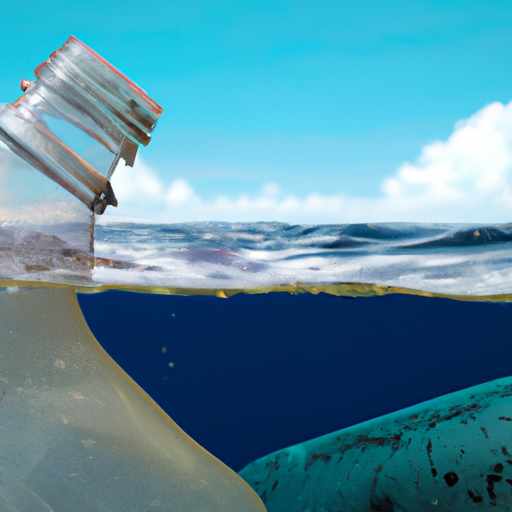-
Table of Contents
How does plastic affect marine life?

Plastic pollution has become a significant threat to marine life and the health of our oceans. The detrimental effects of plastic on marine ecosystems are far-reaching and have devastating consequences. This article aims to shed light on the various ways in which plastic impacts marine life and the importance of addressing this issue urgently.
Plastic Impact
Plastic pollution poses a severe threat to marine life due to its non-biodegradable nature. Marine animals often mistake plastic debris for food, leading to ingestion and subsequent health issues. Sea turtles, for example, frequently consume plastic bags, mistaking them for jellyfish. This ingestion can cause blockages in their digestive systems, leading to starvation and death.
Furthermore, plastic debris can entangle marine animals, such as seals, dolphins, and seabirds. These entanglements can result in injuries, amputations, and even death. The fishing industry also contributes to plastic pollution through discarded fishing nets, which continue to trap and harm marine life long after they have been abandoned.
Marine Life Threat
The threat posed by plastic pollution to marine life is immense. It affects not only individual animals but also entire ecosystems. Coral reefs, for instance, are vital habitats that support a diverse range of marine species. Plastic pollution can smother and damage coral reefs, disrupting the delicate balance of these ecosystems.
Additionally, microplastics, tiny plastic particles less than 5mm in size, have become a significant concern. These microplastics are often ingested by small marine organisms, such as plankton, which form the base of the marine food chain. As larger predators consume these contaminated organisms, the plastic particles accumulate and magnify in concentration, posing a threat to the entire food web.
Oceanic Contamination Consequences
The consequences of plastic pollution in our oceans are far-reaching and extend beyond the immediate impact on marine life. The presence of plastic debris in the ocean not only harms marine animals but also affects human health and the economy.
Plastic debris can release harmful chemicals into the water, contaminating the marine environment. These chemicals can be absorbed by marine organisms and eventually make their way up the food chain, potentially reaching humans who consume seafood. The long-term health effects of these chemical contaminants are still being studied, but they are a cause for concern.
Furthermore, the economic impact of plastic pollution is significant. Coastal communities heavily rely on tourism and fisheries, both of which are negatively affected by plastic pollution. The sight of polluted beaches and waters deters tourists, leading to a decline in revenue. Additionally, the fishing industry suffers from reduced fish populations and the economic burden of removing plastic debris from nets and equipment.
Conclusion
The detrimental effects of plastic on marine life and our oceans cannot be ignored. Urgent action is needed to address this issue and prevent further damage. Governments, industries, and individuals must work together to reduce plastic consumption, improve waste management systems, and promote sustainable alternatives.
By taking these steps, we can protect marine life, preserve the health of our oceans, and ensure a sustainable future for generations to come.